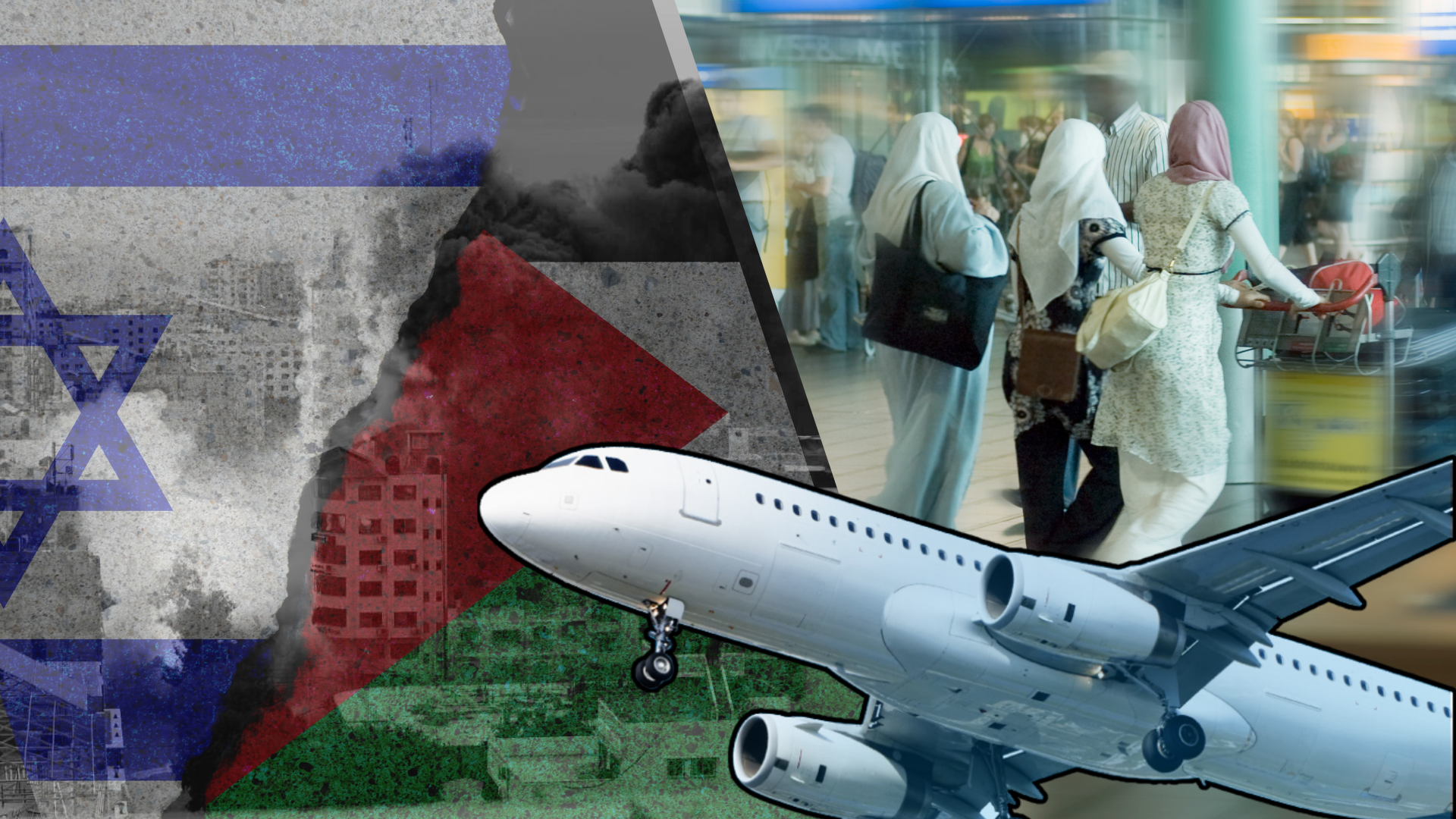November 30, 2023
by Jon Lorence Panelo
Just like the various global industries affected by the Israel/Gaza war, the aviation industry faces numerous challenges. Primarily, there is a heightened level of security wherein passengers would experience increased measures at security checkpoints. All affected airlines also work alongside government authorities, emphasizing safety as the priority.
During the start of the war, a United Airlines flight from San Francisco to Israel was named a “flight to nowhere” after making a 180-degree turn back to San Francisco halfway along its journey. Various flights from Europe to Israel turned around mid-air for the safety of airline crew and passengers, which is the airline companies’ top priority. Major airlines have already suspended flights in and out of Israel after the nation declared war. Several global airlines said they would no longer fly to Israel for security reasons. Last month, the Israeli National Cyber Directorate warned citizens that GPS jamming for security purposes could lead to temporary disruptions in location-based applications. This leads to aircraft losing their satellite signals, flights diverting to alternative routes, and pilots receiving inaccurate reports about their location. Such disruptions are dangerous as aircraft systems cannot correct GPS errors.
For the past weeks, the conduct of peaceful protests by pro-Palestinian groups at European airports has been a challenge. Although everyone has the right to protest peacefully, allowing such acts at airports may distract security services from their primary duty of ensuring that the airport operates safely and securely. Also, freedom of dress becomes controversial during such challenging times. Recently, an American Airlines flight attendant noticed a passenger wearing a sweatshirt with the word “Palestine.” The passenger was then asked to remove the sweatshirt and wear it inside-out to minimize the potential for other passengers to react.
Relatedly, there is a continuous negative impact on tourism traffic to and from the Middle East among leisure and business travelers. There is also an increase in oil prices as a result of the Israel-Palestine war, leading to an increase in airfare and leisure travel prices. International flight bookings worldwide have also been low since the start of the war. Travelers are canceling their trips to the Middle East and worldwide. On the other hand, the industry becomes a source of relief efforts as aircraft drop humanitarian aid on Gaza. Relief effort flights are also conducted to aid wounded civilians, such as the recent plane trip by the United Arab Emirates to aid 1,000 children wounded by the war.
Moreover, aviation security looks into the possible worst-case scenarios such as hijacking, airport attacks, and aircraft bombing. Thus, there is a need for aviation personnel, passengers, and the general public to be vigilant in their actions that may disrupt aviation operations. Aviation security and the industry continue to ensure that all crew, passengers, airports, and aircraft are safe from actions that could lead to disasters.

